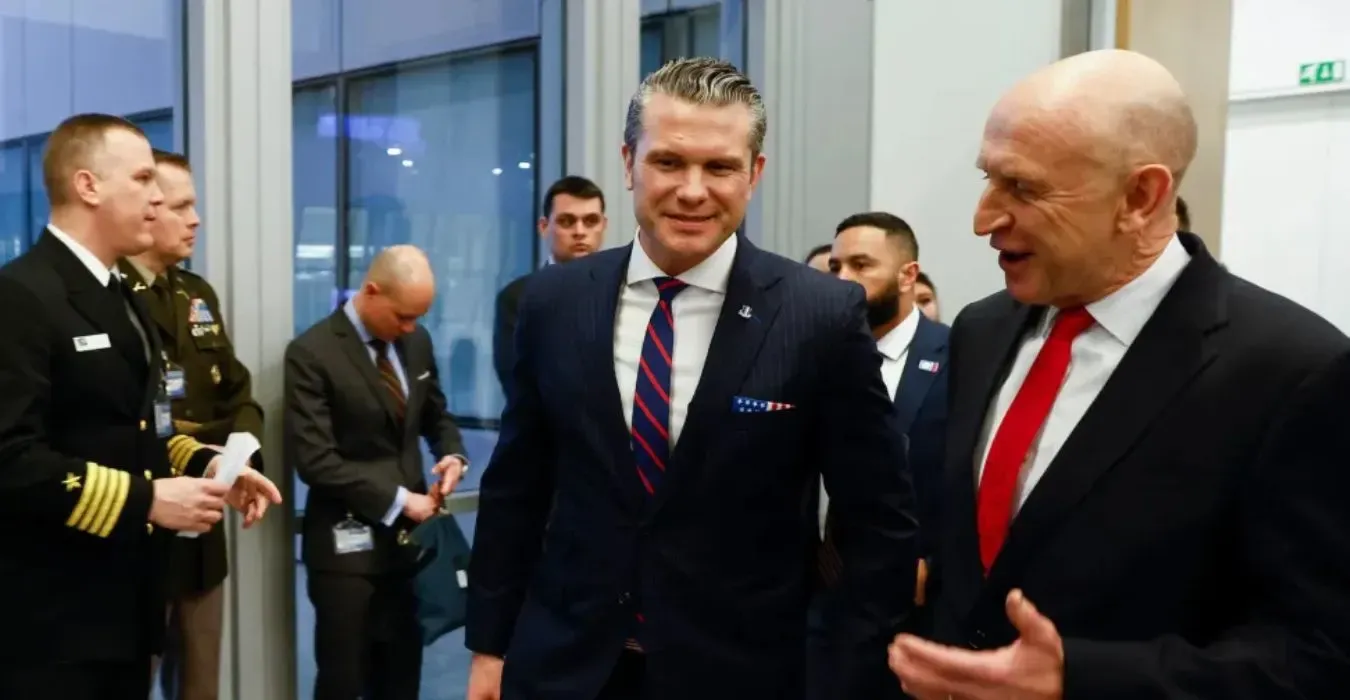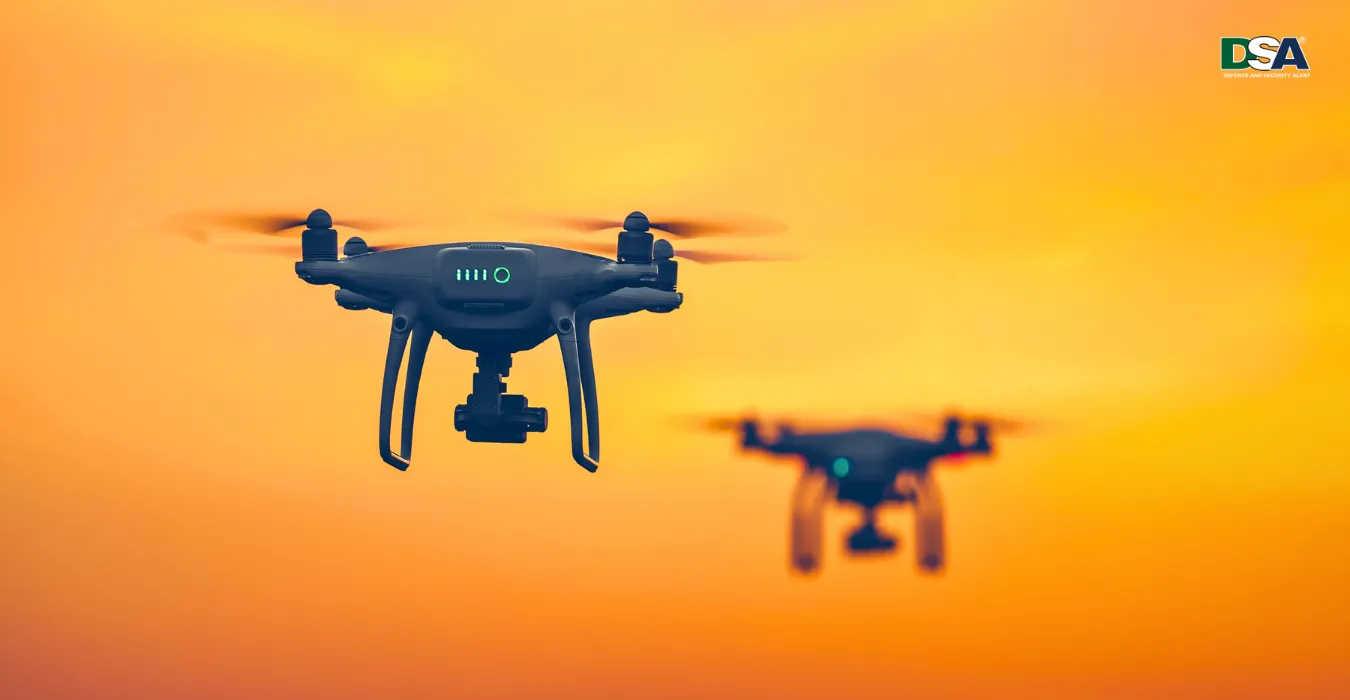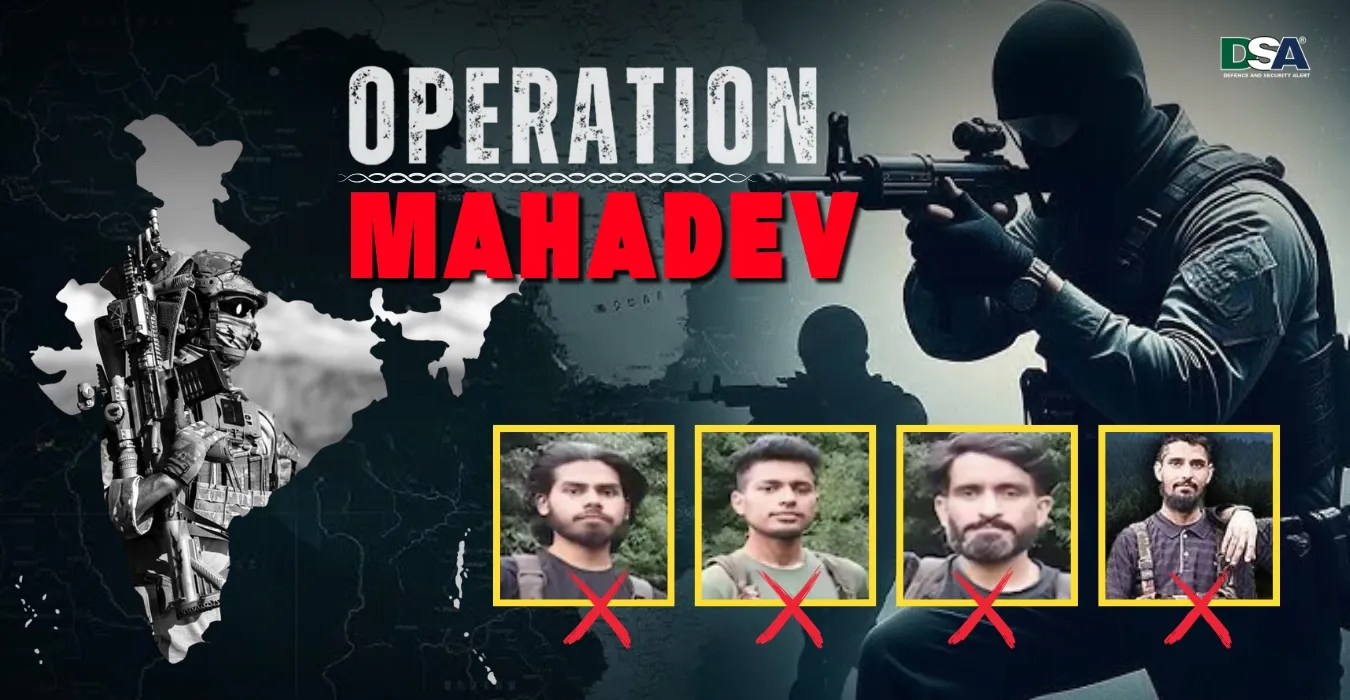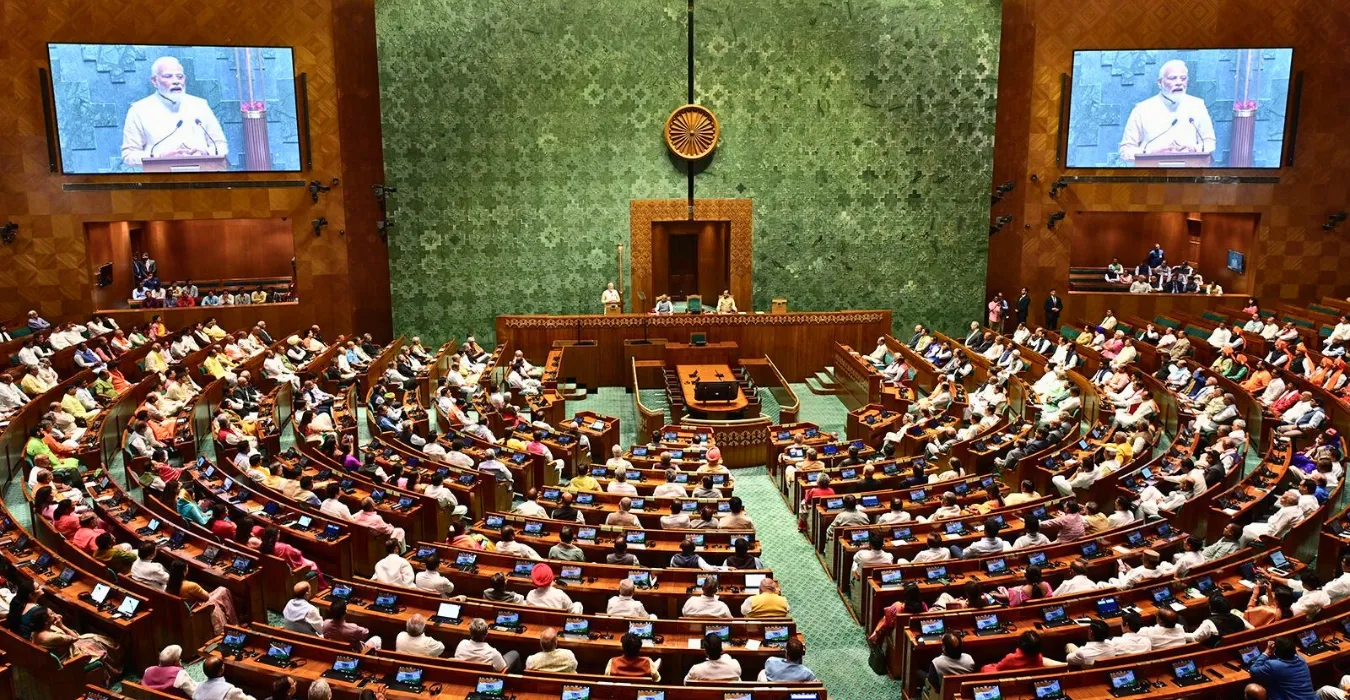DSA Correspondent
Trump’s Defence Secretary Hegseth Orders U.S. Cyber Command to ‘Stand Down’ on Russia Operations
In a controversial move, U.S. Defence Secretary Pete Hegseth has ordered the U.S. Cyber Command to halt all offensive cyber operations against Russia. This decision aligns with the Trump administration's broader approach to recalibrating relations with Moscow, raising concerns among U.S. allies and cybersecurity experts. The directive comes amid heightened geopolitical tensions and ongoing cyber threats from Russian-backed groups. Experts warn that this could weaken America's defensive posture, leaving critical infrastructure vulnerable to cyberattacks.
Background and Details of the Order
Last week, U.S. Defence Secretary Pete Hegseth directed General Timothy Haugh, the head of U.S. Cyber Command, to cease all offensive cyber operations against Russia, including intelligence-gathering efforts. This unprecedented move signifies a shift in the Trump administration’s foreign policy strategy, reflecting a softer stance toward Moscow.
The order, confirmed by defence officials, affects ongoing cybersecurity initiatives aimed at countering Russian cyber threats, including disinformation campaigns, election interference and critical infrastructure targeting.
Key Facts About the Decision:
- Issued by: U.S. Defence Secretary Pete Hegseth
- Date of Order: Last week (exact date undisclosed)
- Affected Agency: U.S. Cyber Command (USCYBERCOM)
- Operations Halted: Offensive cyber operations, including counterintelligence and preemptive digital strikes
- NSA Status: The National Security Agency (NSA) is not directly impacted and will continue its intelligence-gathering activities.
Trump Administration’s Changing Approach to Russia
This directive follows President Donald Trump’s recent statements advocating a reassessment of U.S.-Russia relations. Trump has repeatedly suggested that the U.S. should focus on diplomatic engagement rather than confrontation.
- Trump on Ukraine: The President has blamed Ukrainian leadership for prolonging the war and expressed skepticism about Ukraine’s NATO membership.
- Softening on Russia: Trump has indicated a willingness to negotiate with Russian President Vladimir Putin, diverging from previous U.S. policies of deterrence.
- NATO Concerns: Some European allies fear this move could weaken collective cybersecurity defence against Russian cyber aggression.
Implications for U.S. Cybersecurity
The stand-down order could have serious national security implications, experts warn. U.S. Cyber Command plays a critical role in identifying and disrupting cyber threats from state-sponsored hackers, including Russian-backed groups like APT29 (Cozy Bear) and APT28 (Fancy Bear).
By halting offensive cyber operations, the U.S. may lose its ability to preemptively disrupt these threats, increasing the risk of ransomware attacks, disinformation campaigns and election interference in the 2024 presidential election.
Many within the Pentagon and intelligence community have expressed concern over this decision, with some warning that it could embolden Russian hackers and reduce the U.S.’s ability to detect and counter cyber threats.
Former NSA Director Gen. Paul Nakasone (Ret.): “Cyber defence is not just about responding to attacks but about preventing them. This decision could leave the U.S. vulnerable.”
Sen. Mark Warner (D-VA), Senate Intelligence Committee Chair: “This is a reckless move. Russia has shown time and again that they are willing to weaponise cyberspace against the United States.”
What’s Next? Potential Consequences and Future Developments
Cybersecurity experts predict that this move could lead to:
✔️ Increased Russian cyber activity targeting the U.S. and NATO countries
✔️ Greater reliance on private sector cybersecurity firms to counter threats
✔️ A possible reversal of the decision if U.S. cyber defence suffers a significant attack
While Trump and Hegseth argue that diplomatic engagement with Russia is a priority, the decision to halt cyber operations raises serious questions about America’s preparedness for digital warfare.
Conclusion
Secretary Hegseth’s stand-down order on U.S. Cyber Command’s Russia operations marks a dramatic shift in U.S. cybersecurity policy. While the Trump administration views this as an effort to improve relations with Moscow, critics warn that it weakens U.S. national security and could embolden Russian cyber threats. As tensions rise, the future of America’s cyber defence remains uncertain.

-min.webp)
-min.webp)


.webp)






 9958382999
9958382999
